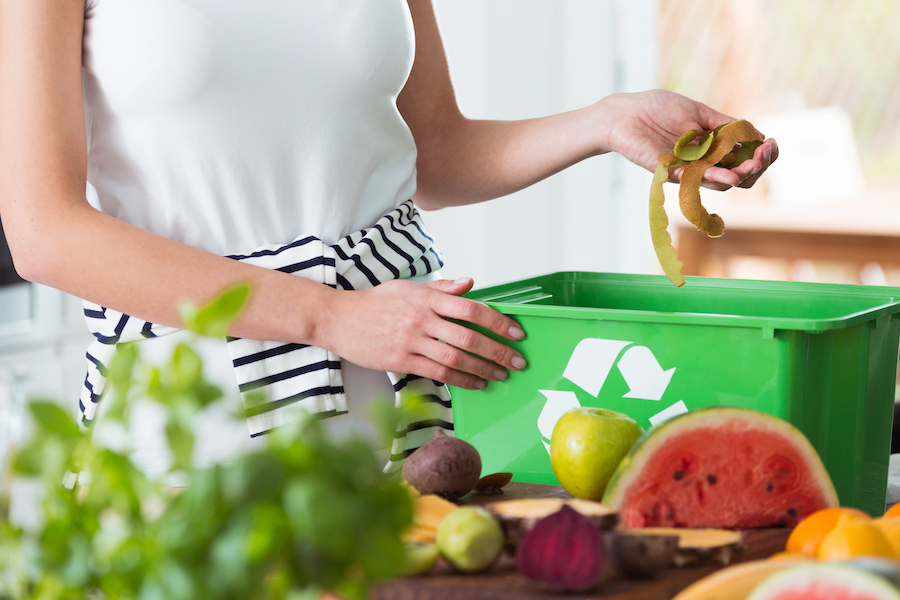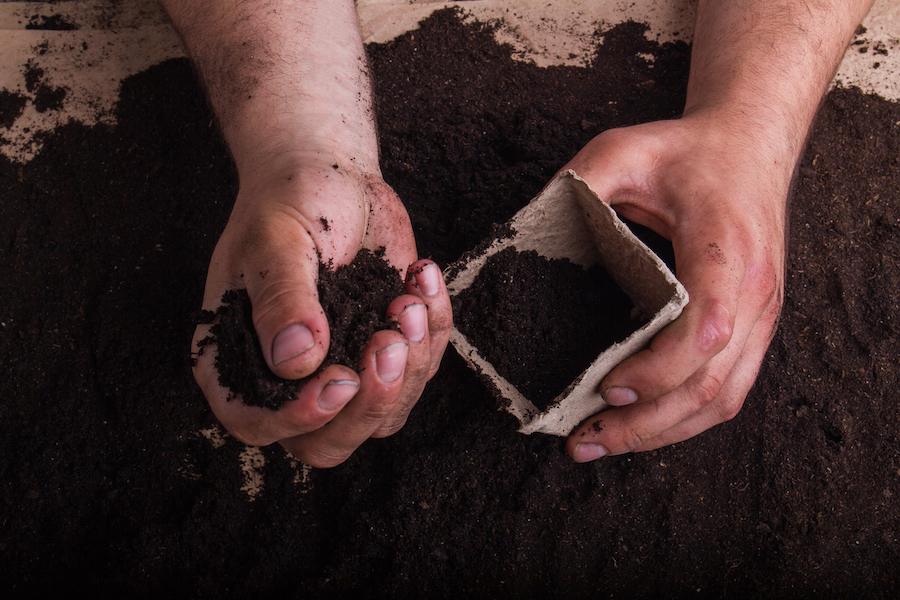If you have been thinking about getting into composting at home, then one of the big questions on your mind is likely how long it’s going to take. Life is busy enough as it is without having to invest too much time in composting – so, how much involvement are you looking at?
Is composting something that requires a hands-on approach or is it relatively easy to do? And what happens if you leave your compost for too long? Is it still safe to use on your plants? Can homemade compost go bad?
In this article, we’ll tell you everything you need to know to get started.
How long does it take to make compost?
It’s good that you are thinking about making the most of your waste and turning it into compost. But, how long does it take to make compost? An important question and one that depends on the method of composting that works best for you.
There are three main types of composting:
- Cold composting
- Hot composting
- Electronic composting
The first two: cold and hot composting are done using traditional composting methods – in a composting bin in your garden.
Cold composting
Cold composting is the slowest method of making compost but it is also the one that requires the least amount of effort on your part. Cold composting can take a year or two before it yields any compost that you can use to feed your plants.
The reason why it takes so long is that heat is a crucial aspect in speeding up the composition process. With cold composting, all you need to do is add your green & brown waste to the pile and let nature take its course.
Be aware though that when cold composting, you can’t add any weeds that have gone to seed or diseased plants as without the appropriate high temperatures your pile will be unable to combat the pathogens and will subsequently end up spreading the bad bacteria around your environment. Not ideal.
Hot composting
Hot composting is much faster than cold composting and can yield compost in as little as one to three months. The combination of nitrogen, carbon, water and oxygen provides plenty of nutrition for healthy bacteria to thrive and speed up the decomposition process. That said, you will need to maintain your compost pile regularly, keep up a healthy temperature (141°F to 155°F), and “turn” the pile as necessary.
An electric composter on the other hand works much quicker, but on a smaller scale.
Electric composting
An electric composter is a handy device that is designed to fit comfortably into kitchens without taking up too much space. These can turn your organic waste into usable compost for fertilizing your plants in a very short amount of time.
Within eight to forty-eight hours, depending on the device itself, you should have ‘ready-to-use’ compost that you can apply to your plants almost immediately.
Again, this is done on a much smaller scale but can be handy for processing smaller amounts of green & brown household waste and feeding your plants more regularly and consistently.
 Woman recycling organic kitchen waste by composting in green container during preparation of meal
Woman recycling organic kitchen waste by composting in green container during preparation of meal
What will happen if you have left compost too long?
So, what will happen if you leave compost for too long? You’ll be pleased to learn that compost can still be good to use for several years, provided that you keep it in a bag or bin and control the moisture levels appropriately.
However, your compost will eventually break down, whether you store and maintain it properly or not. The nutrients will begin to leach from the compost and it can start to rot, as well as become contaminated with fungus – which is not an ideal outcome.
For the best results, you should use your compost as soon as it is ready for use. That, and keeping the compost in an electric composter for too long will defeat the purpose of having it. – An electric composter is ideal for regularly processing your household waste and up-cycling it into plant food and fertiliser.
If you find that you end up producing more compost than you need, you can consider speaking with friends and family and offering them some compost for their household plants as well.
Can homemade compost go bad?
Compost can go bad but it’s not something that happens overnight. Again, if you store your compost correctly, maintain the appropriate temperature, then it will remain usable for years to come. However, since compost will continue along with the decomposition process it can lose much of its nutrients and goodness, so it isn’t worth waiting for too long.
If you have the space to store a compost bin in your garden – or perhaps if you have a balcony big enough to accommodate one – then you can use it to store any excess compost produced by your electric composter in the kitchen and keep adding to a healthy pile of compost to add to and draw from over the course of the next year or go.
Again, if you are using a food waste decomposer machine and you’re producing more compost than you are using, then you should find alternative ways of using it. Perhaps you have friends with an allotment or garden? Or there may be some local public gardens and wildflowers that could use some extra nutrition?
 Filling Plant Or Flower Pot With Compost. Close-up, top view.
Filling Plant Or Flower Pot With Compost. Close-up, top view.
Conclusion
How long does composting take?
- Cold compost: one to two years +
- Hot compost: one to three months +
- Electric compost: eight to forty-eight hours +
Compost will go bad eventually, and even sooner if not stored correctly. However, it can last you quite some time under the right conditions.
We hope that this article has been helpful. If you’d like to learn more or wish to see what kind of electric composters are available, then find a reputable manufacturer and supplier like Hass Co.
Thank you for reading and best of luck with your composting!
